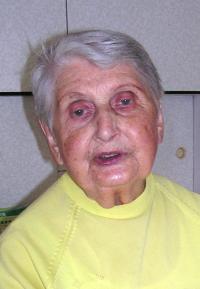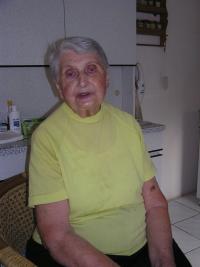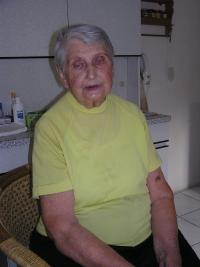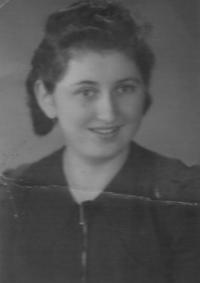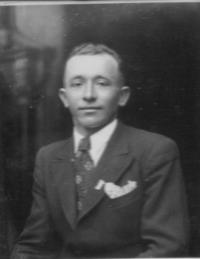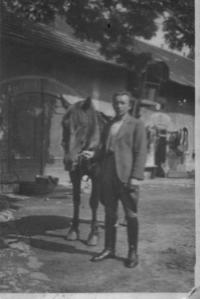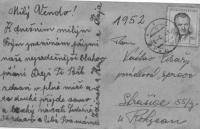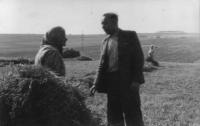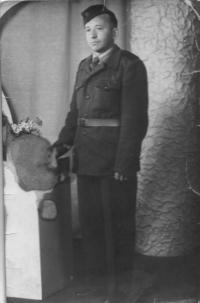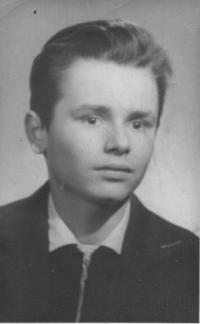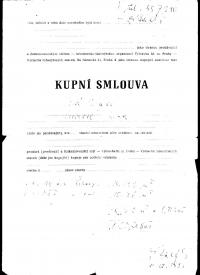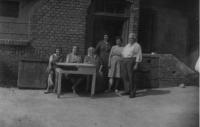They did not evict us. We had to put up with strangers who were coming to work on our farm

Stáhnout obrázek
Jiřina Císařová, née Martínková, was born June 8, 1923 in Mečeříž in the Mladá Boleslav district into the family of farmer Josef Martínek. After her mother‘s death in 1929 she and her brother Josef were being raised by their father. One more sibling came into the family later after her father had remarried. In 1944 Jiřina married Václav Císař and followed him to his farm in Řeporyje. Vlasov soldiers were entering Prague through this village. During the Prague Uprising, her sister-in-law was forced to stay in the occupied main post office building in Prague for five days before she was able to return home. When the Communist Party assumed power in 1948, the newly established agricultural cooperative confiscated the Císař family‘s land as well as their farm and in 1951 Václav Císař was accused of alleged sabotage. He was persecuted in detention for several months before the court eventually acquitted him. In spite of this, further persecution followed and in 1952 he had to go to a special military exercise, which was originally supposed to last several months but which eventually extended into two years of service in the Auxiliary Technical Battalions. Jiřina Císařová had to stay alone with their two young children. After the Velvet Revolution in 1989 the family managed to get part of their property back, but during the communist era they had inevitably lost one third of their land which they forcibly had to sell.
